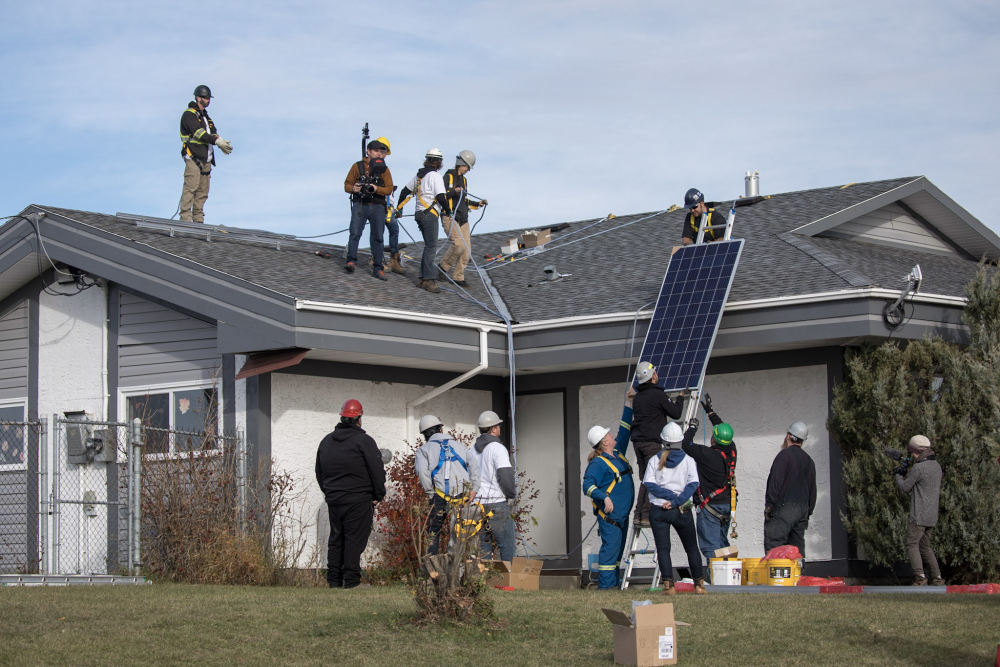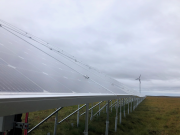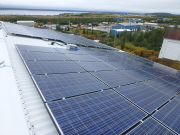So far, 2022 has been characterized by a cascade of social, political, and economic uncertainty. Even as a growing list of crises occupy the minds of policymakers and citizens, the climate continues to change and a transition to a low-carbon energy system still needs to move forward. This new energy economy will require a new set of skills, and governments have a responsibility to support workers in meeting the needs of tomorrow without disproportionately affecting communities, especially those that can least afford it. It’s vital that the transition to low-carbon energy incorporate Indigenous reconciliation throughout.
 Our recently published report, Net-Zero Skills, assesses the transferability of and gaps in the skills of Canada’s energy generation and end-use labour force. While exploring the skillsets needed in the energy transition, and planning for the reskilling and educational investments that will be required, there’s a collective responsibility to examine and address the imbalance regarding who has traditionally benefitted from Canada’s energy sector, and the groups and nations that have been historically excluded. Ensuring equitable access to capacity-building opportunities for Indigenous communities will be key to expanding the benefits of the new energy economy.
Our recently published report, Net-Zero Skills, assesses the transferability of and gaps in the skills of Canada’s energy generation and end-use labour force. While exploring the skillsets needed in the energy transition, and planning for the reskilling and educational investments that will be required, there’s a collective responsibility to examine and address the imbalance regarding who has traditionally benefitted from Canada’s energy sector, and the groups and nations that have been historically excluded. Ensuring equitable access to capacity-building opportunities for Indigenous communities will be key to expanding the benefits of the new energy economy.
UNDRIP and energy investment
Supporting the self-determination, sovereignty, and economic security of Indigenous groups is the foundation of an equitable transition towards renewable energy. Moving forward, many Indigenous leaders have highlighted the United Nations Declaration on the Rights of Indigenous Peoples (UNDRIP) as a framework for developing equitable renewables projects. The Canadian government enshrined UNDRIP into law in 2021.
Article 21 states that “Indigenous peoples have the right, without discrimination, to the improvement of their economic and social conditions, including...in the areas of education, employment, vocational training and retraining, housing, sanitation, health and social security.” Moreover, Article 32 states that “Indigenous peoples have the right to determine and develop priorities and strategies for the development or use of their lands or territories and other resources.”
The federal government can work to uphold its commitments stated in Article 21 and 32 of UNDRIP by expanding their support of capacity-building efforts, training and access to economic and employment opportunities led by Indigenous peoples and communities, using their own approaches to transferring and developing skills for their own energy futures.
Recommendations
Firstly, investing in and scaling up Indigenous led training, employment, and mentorship programs. Remote and rural settings should be prioritized, and programs should be led by Indigenous organizations and experts, with flexibility to recognize and incorporate regional knowledge and practices. There are good examples where public, private and post-secondary institutions co-create Indigenous-specific programs to support reconciliation and UNDRIP commitments, such as Simon Fraser University’s Indigenous Languages Program, where Indigenous students can enhance language skills in 18 Indigenous languages and earn university credits.
Secondly, investing in Indigenous-led renewable energy and energy efficiency projects. Investments made in rural and remote communities to support economic development and skill-building opportunities would respect Articles 21 and 32 of UNDRIP and allow for Indigenous peoples and communities to create culturally appropriate and hands-on skill-building opportunities where training might be otherwise inaccessible. For example, New Relationship Trust is implementing the British Columbia Indigenous Clean Energy Initiative (BCICEI) to provide support and capacity-building funds to Indigenous communities working on the development of clean energy projects.
Information in this blog post is derived from a range of sources, including Indigenous Clean Energy (ICE), Indigenous Climate Action, and NDN Collective. A full list of sources used in this blog can be found in the Net-Zero Skills report.
 Jaymes MacKinnon
Jaymes MacKinnon
Jaymes MacKinnon is an Intern Analyst with the Pembina Institute's equitable transition program. She is currently a master’s student in political science at McGill University, where she focuses on climate and energy politics in Canada.










